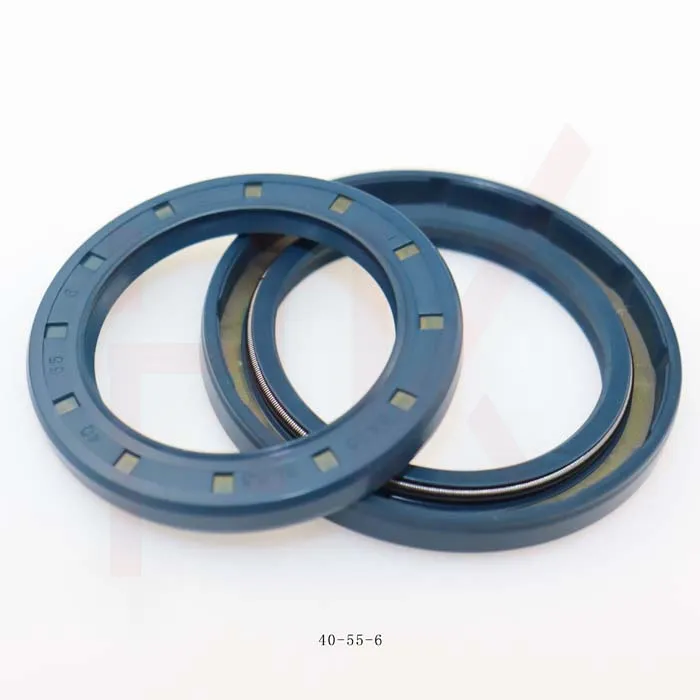Nov . 19, 2024 01:40 Back to list
Understanding Cylinder Wiper Seals and Their Applications in Hydraulic Systems
Understanding Cylinder Wiper Seals The Key to Efficient Operation
Cylinder wiper seals play a crucial role in the performance and reliability of hydraulic and pneumatic systems. These seals are designed to wipe off contaminants from the rod or piston as it extends or retracts, thereby preventing dirt, dust, and moisture from entering the system. Given their essential function, selecting the right wiper seal can significantly enhance the longevity and efficiency of machinery.
Functionality
The primary purpose of a cylinder wiper seal is to protect the internal components of hydraulic cylinders from external debris. As the cylinder operates, the wiper seal ensures that any particles on the rod’s surface are wiped away before they can enter the hydraulic chamber, which can cause significant damage and decrease performance. The design of these seals typically includes a lip that makes contact with the rod, effectively scrubbing away unwanted material.
Materials Used
Cylinder wiper seals are made from a variety of materials, including rubber, polyurethane, and Teflon. The choice of material often depends on the application and operating conditions. For example, in high-temperature or aggressive chemical environments, specialized materials may be required to ensure optimal performance. The flexibility and durability of the materials used are essential, as they must withstand repetitive motion while maintaining a tight seal.
Types of Wiper Seals
cylinder wiper seal

There are numerous types of wiper seals tailored for different applications. Some common categories include
1. Static Wipers These seals remain stationary and are designed to work with static equipment. 2. Dynamic Wipers These wipers are designed for moving applications and are essential for hydraulic cylinders. 3. Double-Lip Wipers Providing additional protection, these wipers feature two sealing lips to maximize contamination control.
Importance of Maintenance
While wiper seals are designed to last, regular maintenance is critical for ensuring their continued effectiveness. Signs of wear and tear, such as visible cracks or deformation, indicate that it may be time to replace the seal. Additionally, periodic inspections can prevent costly downtimes by catching potential issues early.
Conclusion
In summary, cylinder wiper seals are a vital component in the maintenance and operation of hydraulic and pneumatic systems. By preventing contamination, they extend the life of machinery and improve operational efficiency. Selecting the right type of wiper seal and ensuring regular maintenance can lead to more reliable and smoother operations, ultimately saving time and resources in various industrial applications. Understanding the intricacies of wiper seals can empower operators and engineers to make informed decisions that enhance overall system performance.
-
TCN Oil Seal Metal Ring Reinforcement for Heavy Machinery
NewsJul.25,2025
-
Rotary Lip Seal Spring-Loaded Design for High-Speed Applications
NewsJul.25,2025
-
Hydraulic Cylinder Seals Polyurethane Material for High-Impact Jobs
NewsJul.25,2025
-
High Pressure Oil Seal Polyurethane Coating Wear Resistance
NewsJul.25,2025
-
Dust Proof Seal Double Lip Design for Construction Equipment
NewsJul.25,2025
-
Hub Seal Polyurethane Wear Resistance in Agricultural Vehicles
NewsJul.25,2025
-
The Trans-formative Journey of Wheel Hub Oil Seals
NewsJun.06,2025
Products categories
















